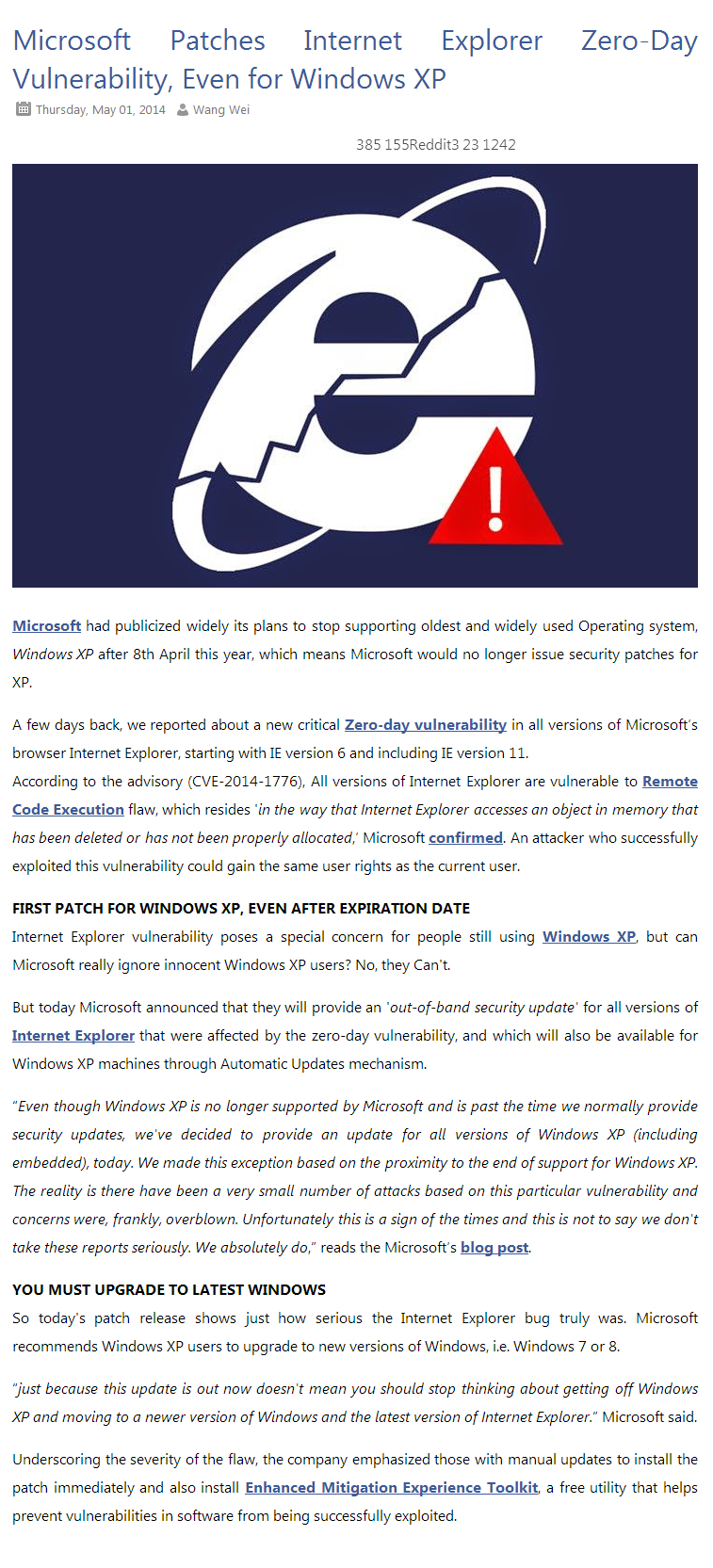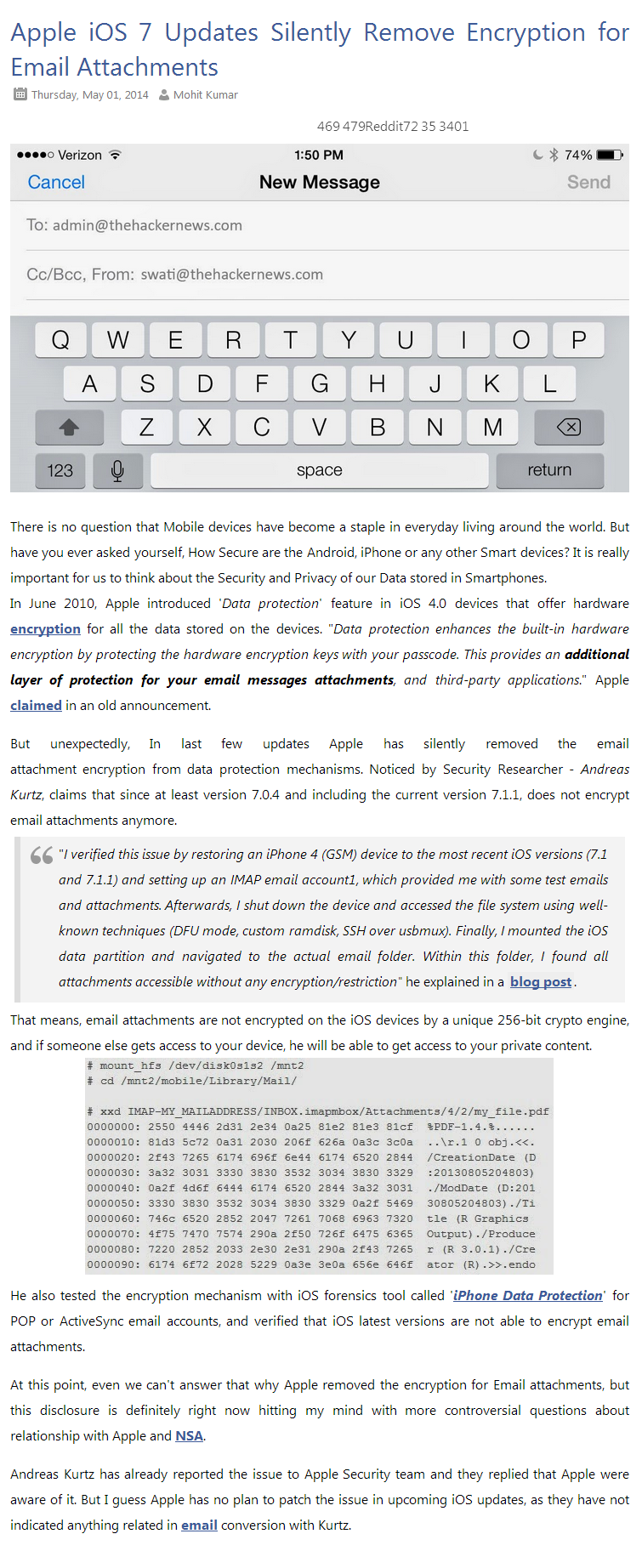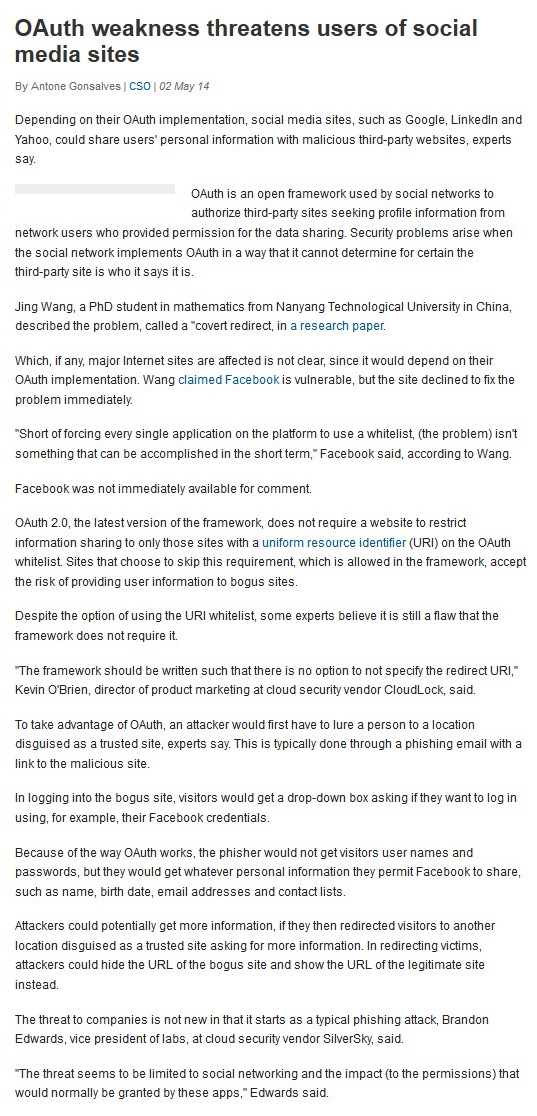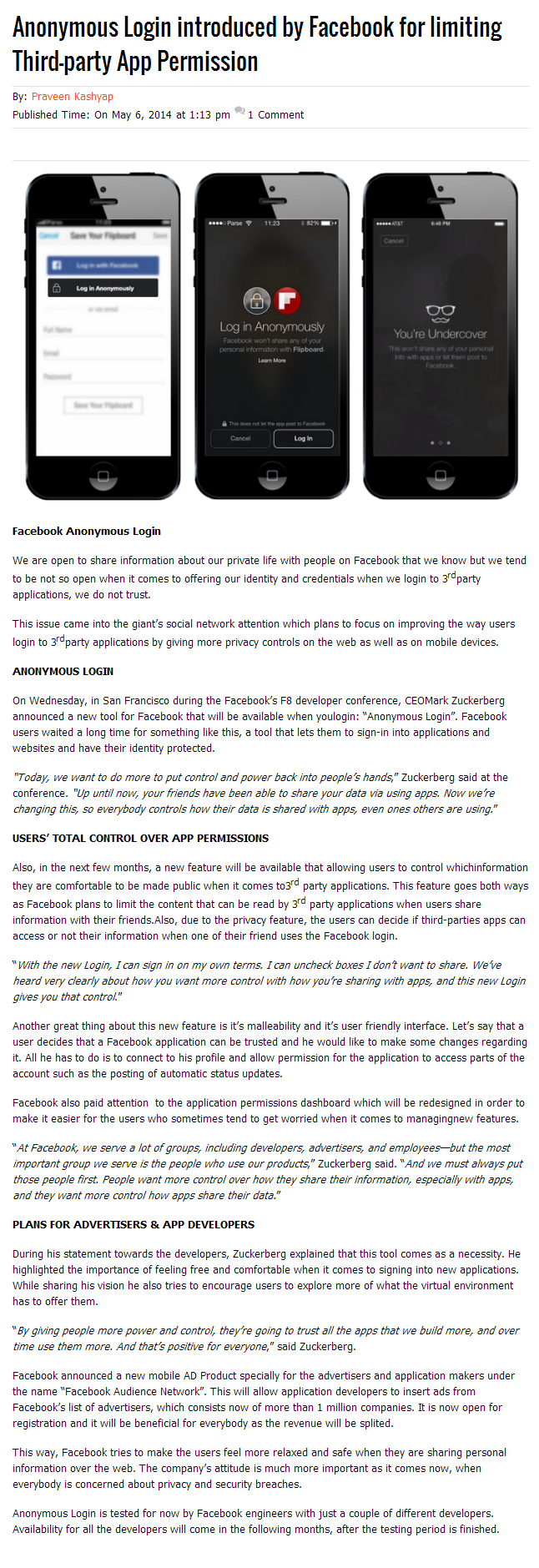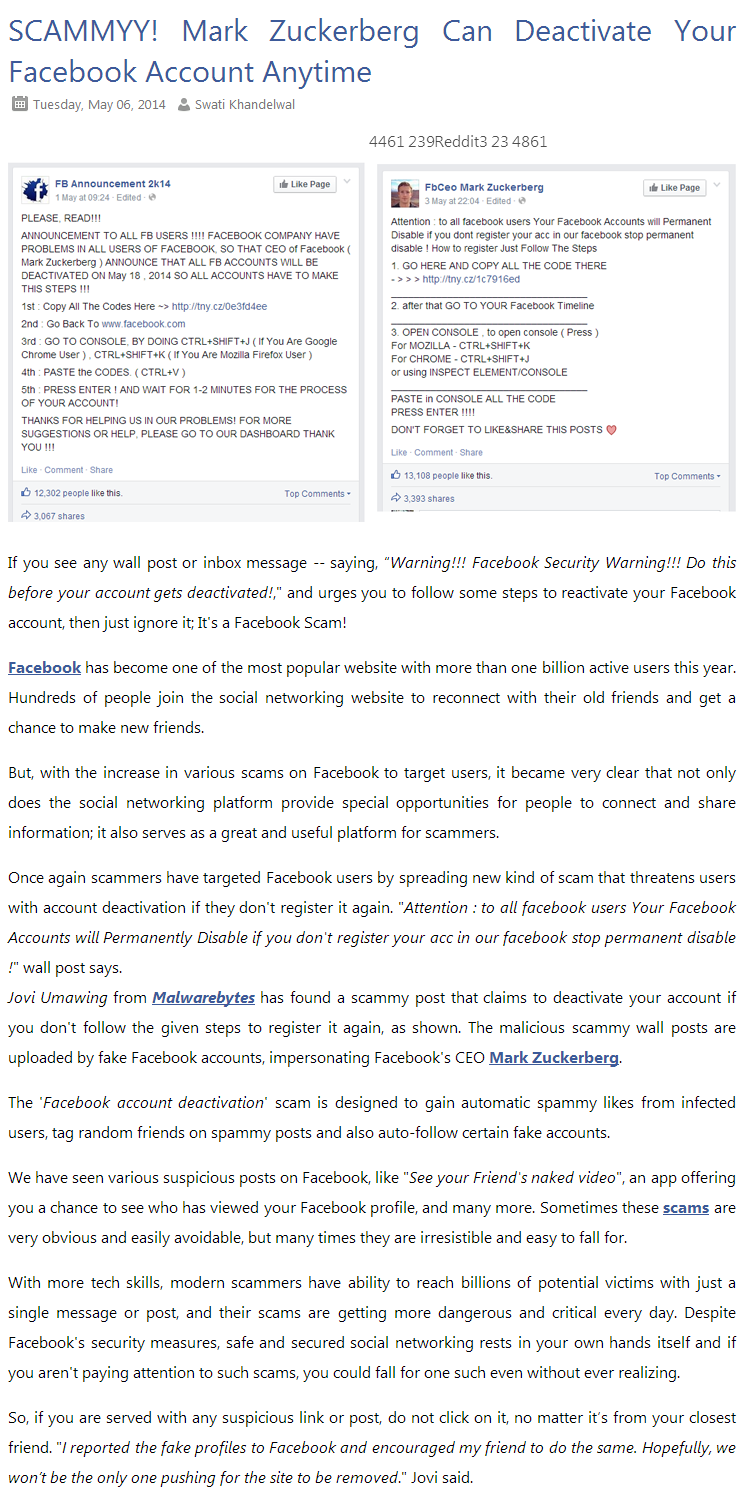Good Bye Privacy as Yahoo removes ‘Do Not Track’ Privacy tool
Posted on May 5, 2014 by Pushpa Mishra
Latest announcement by Yahoo! on May 2, 2014 says the company is dropping off its browser’s ‘Do Not Track’ (DNT) privacy tool.
“As of today, web browser Do Not Track settings will no longer be enabled on Yahoo,” read the official blog release of the company.
This means, to a lay man, that Yahoo will now actively [attempt to] keep a track of your interactions with its site.
The tool was added in 2012 to allow the users working off their site to select if they wanted their data to be tracked or not. It then boasted how the company was the first tech company to host the DNT feature. However, while removing it, the company said there is no standard released yet that is simple to use, effective and endorsed by the overall broader tech industry.
The latest announcement makes it very clear that Yahoo will continue to track each and every user irrespective of one’s privacy settings.
The company reiterated that they work hard to provide users with a highly personalized experience and keep people connected to what matters most to them.
By dropping off the tool, the company feels they will be able to deliver a personalized web service to its users. But it would also mean increased revenues for Yahoo for allowing the advertisers to post tailored ads.
Most internet corporations automatically track a user’s online behavior and retain vast amount of data to be used for advertising purposes and tailored search results. Although many companies allow DNT, there is no legal requirement that such requests be honored every time. And for all companies to honor such DNT, laws should be instituted requiring companies to adhere to such requests, says the Do Not Track’s website quoting Jonathan Mayer and Arvin Narayanan, researchers at the Stanford University’s Center for Internet and Society.
Privacy can still be secured by users if they use options like Ghostery, a plug-in for Chrome that protects from third party sites, or Disconnect, which reroutes your browser through its own servers. However, these options are not that user-friendly.
The move has irritated many Yahoo users who are demanding an appropriate change.



